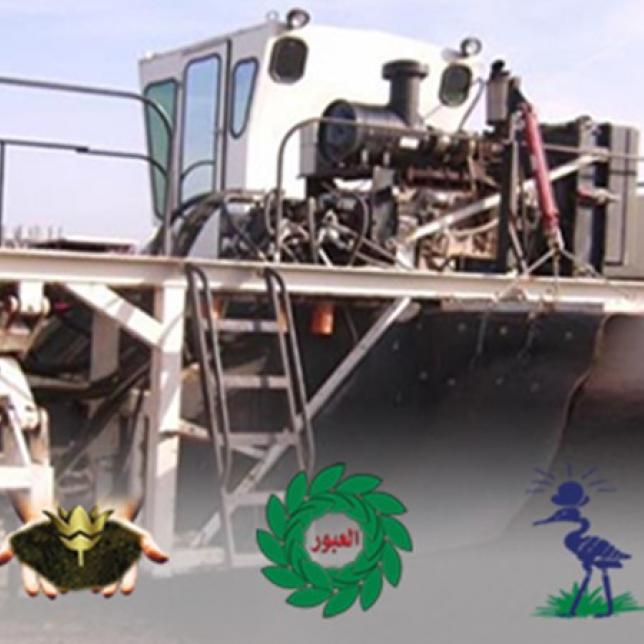Compost
Compost contains a full spectrum of essential plant nutrients.
- Compost contains macro and micronutrients often absent in synthetic fertilizers.
- Compost releases nutrients slowly,over months or years, unlike synthetic fertilizers
- Compost enriches soil and retains fertilizers better. Less fertilizer runs off to pollute waterways.
- Compost buffers the soil, neutralizing both acid & alkaline soils, bringing pH levels to the optimum range for nutrient availability to plants.
Compost helps bind clusters of soil particles, called aggregates, which provide good soil structure.
- Compost helps sandy soil retain water and nutrients.
- Compost loosens tightly bound particles in clay or silt soil so roots can spread, water drain & air penetration.
- Compost alters soil structure, making it less likely to erode, and prevents soil spattering on plants and thus prevents spreading disease.
- Compost can hold nutrients tight enough to prevent them from washing out, but loosely enough so plants can take them up as needed.
- Compost makes any soil easier to work on.
